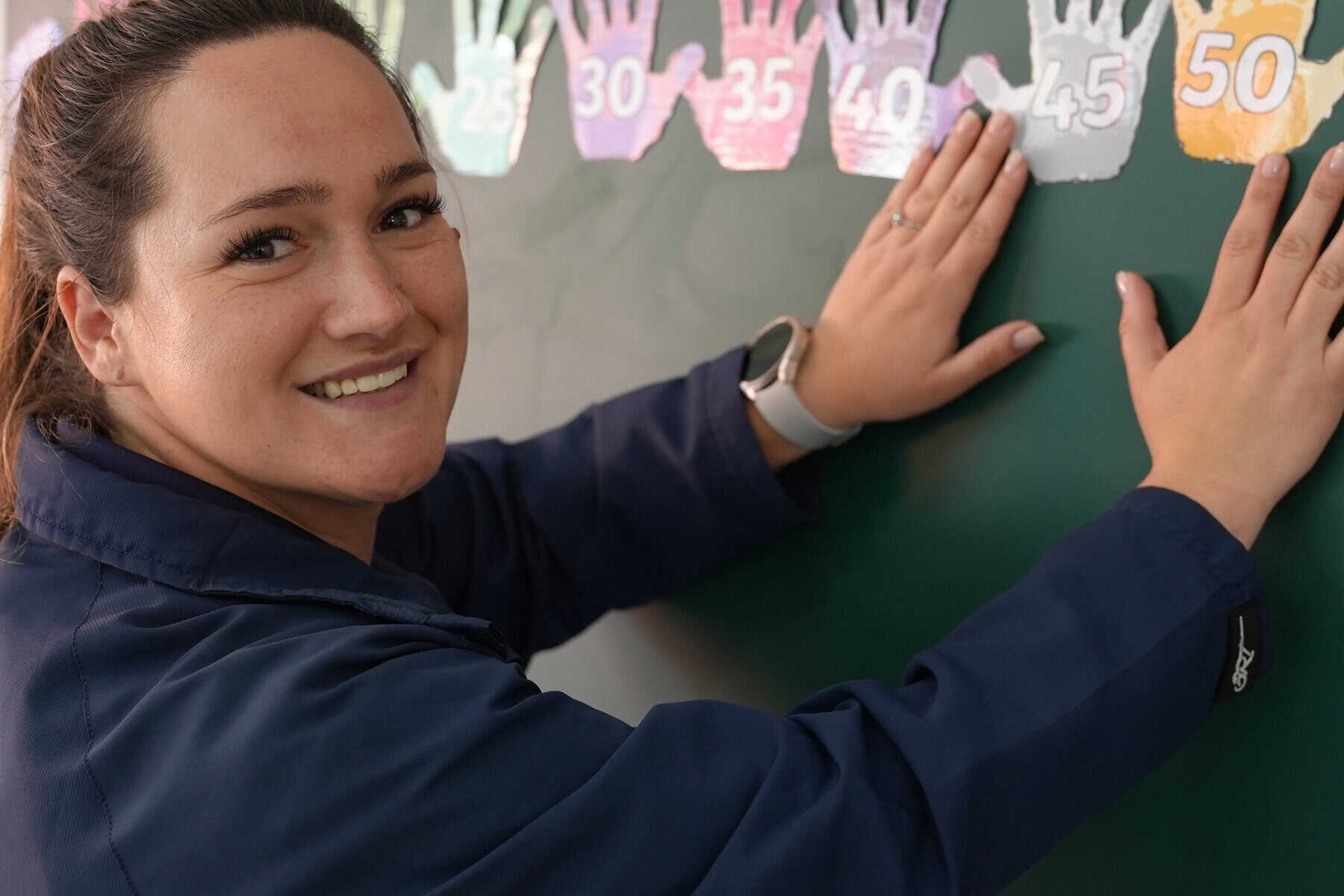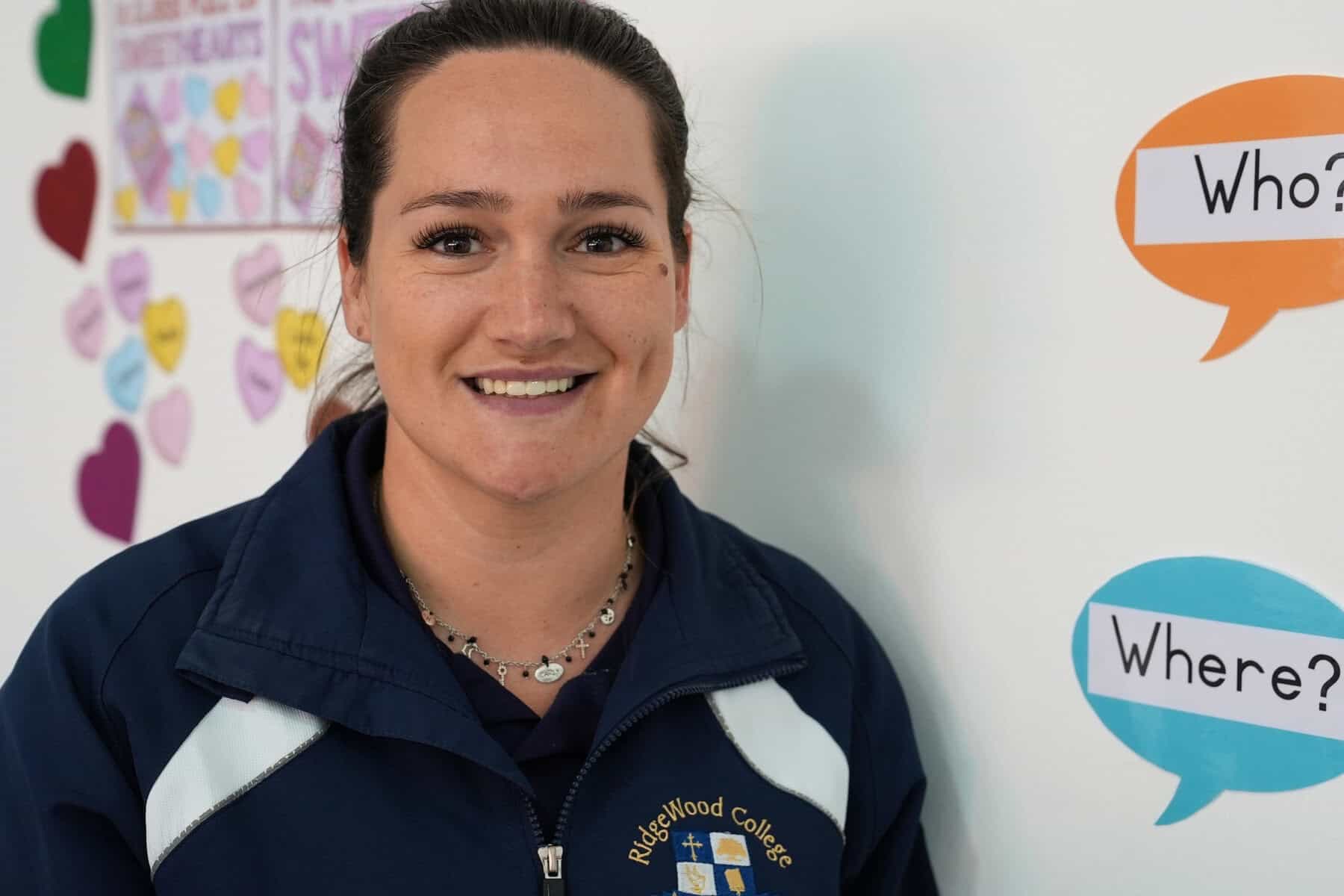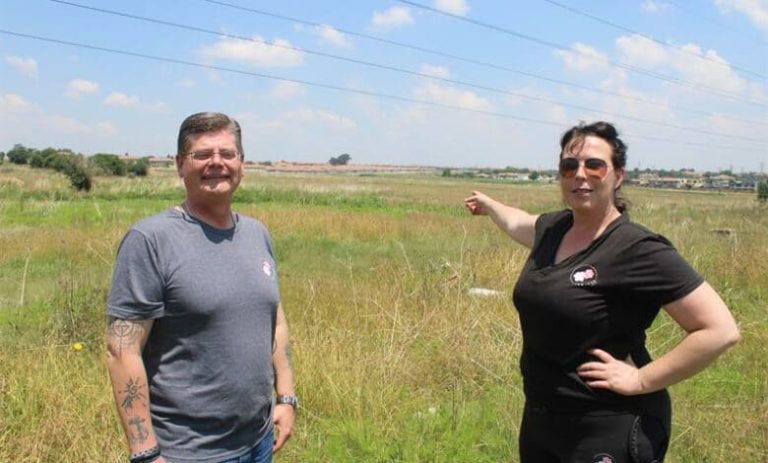
It’s a gigantic moment in any child’s life. Stepping into Grade 1 is like graduating into the big league of childhood.
Many children taste independence for the first time when ‘big school’ becomes their reality. Thus, while parents are often more stressed out than their offspring about taking the leap, the biggest question they often ask themselves is whether their child is ready.
Carly Niewenhuisen, Principal of Ridgewood College Pre-Preparatory School in Benoni, said that while it feels daunting, the transition between prep school and ‘big school’ is often smoother than most parents expect.
“One of the biggest differences children face is the change from play-based learning into a structured day,” she said.
“In pre-primary, the lessons are short and broken up with play.”
In Grade 1, she said, children are expected to sit for longer periods, focus more, and manage their classwork and homework.
“Wearing a school uniform also adds to the sense of formality and responsibility. For most learners, this is exciting. They feel grown up and proud to be part of the big school.”
Big school’s a big moment
Nieuwenhuizen said that there’s always a first-term wobble, and parents must expect that. She said that it’s simply an adaptation to structure.
“Learners often ask, ‘When can we have free time?’ because they still want to build Lego or draw.
After three months, they adapt, and it is incredible to see how quickly they realise what they are capable of.”
According to Niewenhuisen, children bounce back faster than their parents do.
“It is often more emotional for the parents than the learners. A child might be unsettled for a few days, especially if they come from a different preschool, but they soon find their rhythm. Parents often underestimate how resilient children can be in a supportive environment. They tend to worry far more than is necessary.”

A big help, she said, is building confidence at home before January and Grade 1 comes.
“Praise and encouragement go a long way. Say things like, ‘You are going to be brilliant in Grade 1.’ Your child believes what you tell them.
“Give them small responsibilities too, like packing their school bag, sorting their stationery, dressing themselves or managing their lunchbox. These little things build independence and make the big school leap less overwhelming.”
Feeling independent is important
Parents often focus on academics, but Nieuwenhuizen said that life skills matter just as much.
“Literacy and numeracy are important, but so are independence, routine and resilience. When children feel supported and secure, the academics follow.
“Parents can also help by creating daily habits before school begins. Have a morning routine: get dressed, eat breakfast, pack the bag.
“Set a consistent bedtime so that children are rested. Limit electronics so that they learn to focus on structured activities. These habits give them a sense of preparedness.”
ALSO READ: How to enjoy school more – new book
Practical skills matter, too.
“Ideally, children should be able to use the bathroom on their own, manage their belongings and tie shoelaces. Knowing their birthday, address and parents’ phone numbers also helps.
“Recognising letters and numbers, or their name in print, makes the classroom easier to navigate.
“Socially, they should be able to follow instructions, take turns and communicate their needs. But if a child can’t do all this yet, it does not mean they aren’t ready. Every child develops at their own pace.”
Affirm positively
Nieuwenhuizen said that negative encouragement must be avoided at all costs before a child steps into uniform.
“Parents sometimes put too much pressure on children by saying things like, ‘You won’t go to Grade 1 if you can’t do this.’ It creates fear.
“Another is painting Grade 1 as something joyless. Saying there will be no toys or no fun at all makes children anxious before they even start. Grade 1 is not punishment. Encourage them instead, celebrate what they can do and give them space to grow.”
Play, she noted, is still central.
“Play teaches children to solve problems, take turns, use their imagination and build motor skills. It helps them develop confidence and a love for learning. It is part of how they grow into school life, even if it looks a bit different in Grade 1.”
Settling in and doing well at school also needs parents and teachers to be on the same page.
“Children do better when parents and teachers work together. Open conversations mean that small issues can be picked up early. That way, learners feel supported on all fronts.”
And if a child seems behind, there’s always a remedy, she said. “Focus on what they can do, not what they cannot. Avoid comparisons with peers or siblings. Every child’s pace is different. Encouragement, praise and celebrating small wins are what build confidence. When a child feels believed in, they catch up.”
Focus on what they can do
Positive affirmations are critical, and Nieuwenhuizen said that parents should avoid projecting their own experiences or ambitions onto their children.
“Each child has their own strengths. Let them be who they are. Support them, encourage them and celebrate their progress. That’s how they thrive.”
For her, the joy is in watching the growth unfold.
“Grade 1 is a year where you see massive change in such a short time. Learners arrive small and unsure, and they leave confident, capable and excited about learning. It is a privilege to watch.”
NOW READ: Here’s when school holidays start and how to keep kids entertained



